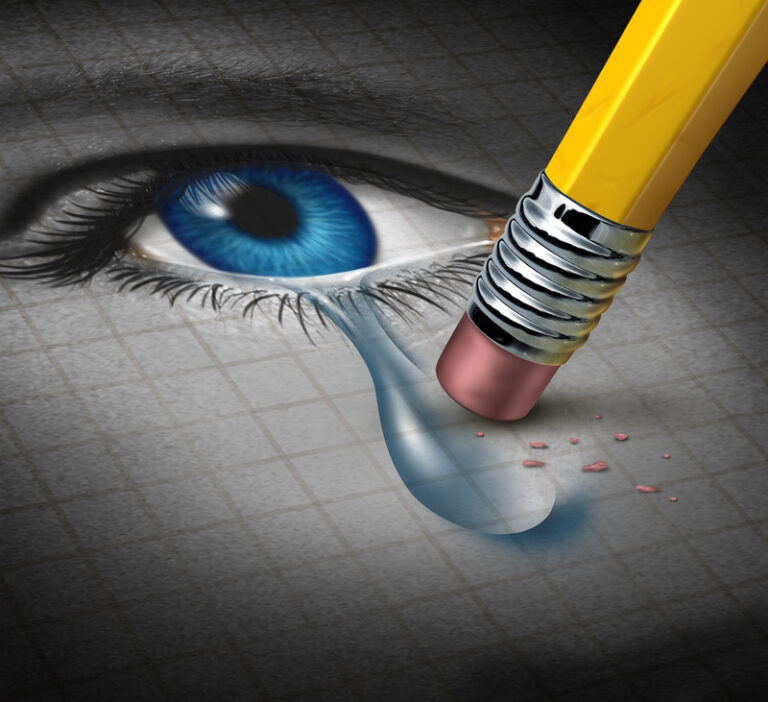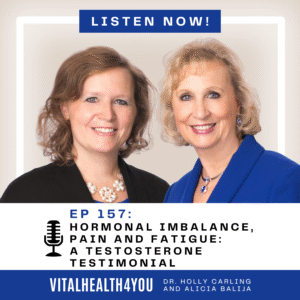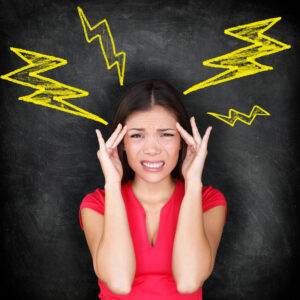No matter what we do to combat it, stress exists. Frequently a cycle of stress, anxiety and depression engulfs us in what seems to be an impenetrable mire of mud, cutting off our very breath! How do we break loose and come out on top? How can we go through life with a sense of clarity, calmness and peace? First and most important is to turn to God. We’ve been told that God will help when we’ve done all we can on our part. So what more can we do?
We first need to understand stress, anxiety and depression and what we do have control over.
Stress is interpreted by the body as a “fight or flight” response. Anything not needed to fight the perceived danger or flee from it, is shut down. In other words, we don’t need (for example) digestion or immunity to fight or run, so they are, for the most part, shut down. So are other bodily functions. This is why a prolonged stress response can eventually kill you!
“Depression” is a generalized term that can mean loneliness, sadness, overwhelm, disappointment, melancholy, fear, etc. It is important to differentiate the real emotion, rather than to use the generalized label, “depression” because it gives you power to do something about it. For example, if you were lonely, you could call a friend, join a bowling league or participate in a church activity. But when you simply use the term “depression”, you have fewer options.
“Anxiety” is also a blanket term that can mean fear, apprehension, worrying or nervousness. It can be mild and unsettling, or severe and both exhausting and debilitating. It can also have a serious impact on life. Anxiety is often triggered by stress, or by negative “self-talk”. Anxiety is often referred to as “Generalized Anxiety Disorder” or “GAD”. If left unchecked, it can develop into a panic disorder.
All the above, stress, anxiety and depression, have similar traits and underlying causes. Fortunately, help is available from different resources. When severe and overtaking your life, drugs are an option. Psychologists and biofeedback therapists are indispensible for supporting you in overcoming unreasonable thought patterns. Exercise is also helpful.
However, the most helpful is to support the body physiologically. Nutrition is an important factor. Your brain requires certain minerals, amino acids and healthy fats for proper function. In fact, if the raw materials necessary for making the various brain chemicals/hormones are not present, well…we can’t make something out of nothing! To have healthy brain chemistry, we have to have healthy raw materials in our diet.
©2010 Holly A. Carling, O.M.D., L.Ac., Ph.D.







